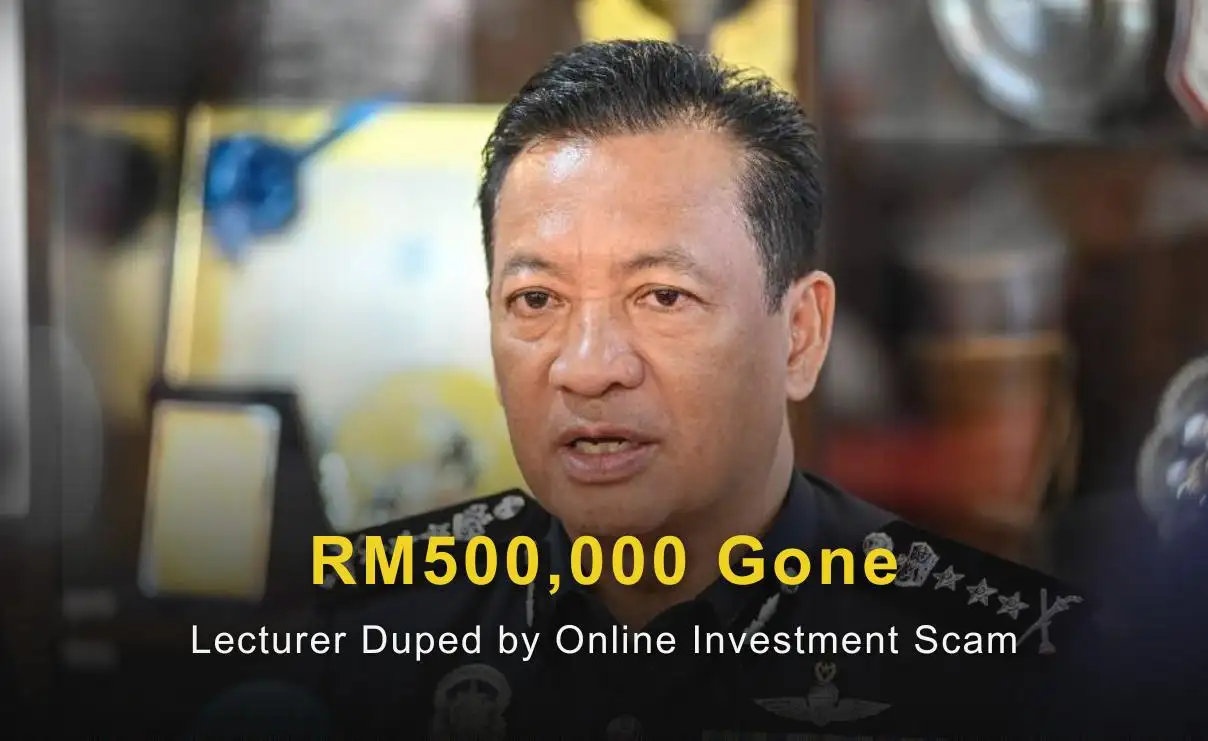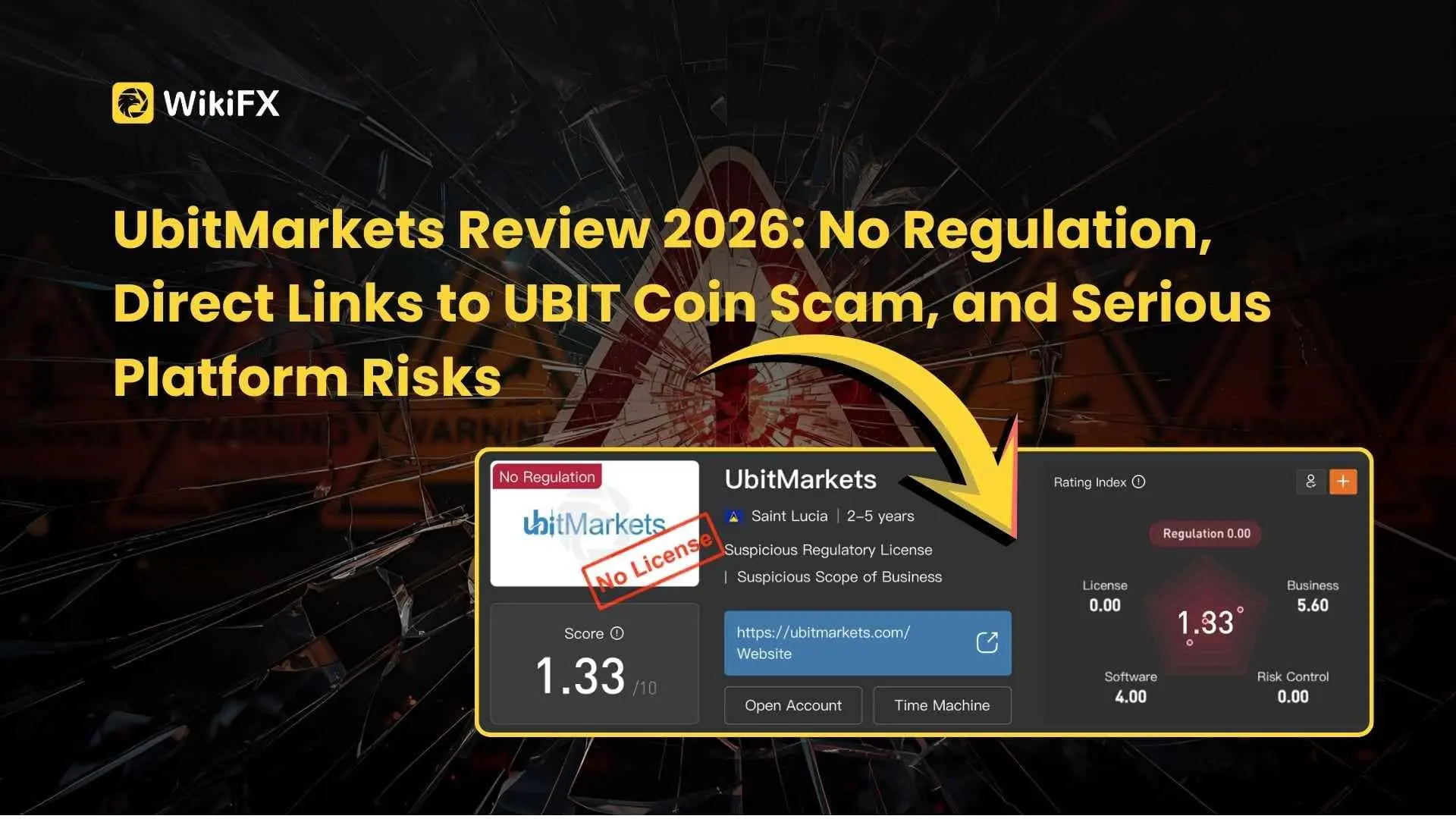RM500,000 Gone: Lecturer Duped by Online Investment Scam
A 39-year-old lecturer in Kuantan has been defrauded of RM493,600 in a sophisticated online investment scam
简体中文
繁體中文
English
Pусский
日本語
ภาษาไทย
Tiếng Việt
Bahasa Indonesia
Español
हिन्दी
Filippiiniläinen
Français
Deutsch
Português
Türkçe
한국어
العربية
Abstract:The scammer behind a $73 million pig butchering scheme has pleaded guilty to defrauding victims through fake cryptocurrency investments.

Daren Li, a 41-year-old dual citizen of China and St. Kitts and Nevis, has pleaded guilty to conspiracy to commit money laundering connected to a massive cryptocurrency fraud scheme. Known as a “pig butchering” scam, the scheme lured unsuspecting victims into fake digital currency investments, ultimately defrauding them of approximately $73.6 million, as reported by the U.S. Department of Justice (DOJ).
The scam, one of the largest of its kind, used a tactic where Li and his accomplices built trust with victims over time. Typically, “pig butchering” scams begin with scammers forming what seem to be genuine relationships online, sometimes posing as romantic interests or friends. After establishing trust, they persuade victims to invest significant sums into fictitious ventures, only to vanish with the funds. In this case, authorities reported that much of the stolen money ended up with transnational criminal organisations in countries like Myanmar and Cambodia, where trafficked individuals were allegedly forced into labour to further these schemes.

Li orchestrated this operation from outside the United States, relying on a network of accomplices to open U.S. bank accounts under fake business names. Once funds were transferred from victims, they were quickly converted to the stablecoin Tether (USDT) and moved to cryptocurrency wallets controlled by Li‘s team, making the funds difficult to trace. Despite these efforts to remain hidden, Li was apprehended at Atlanta’s Hartsfield-Jackson International Airport in April and now faces sentencing in California on 3 March 2025. He could face up to 20 years in prison.
This case underscores the vulnerabilities of the cryptocurrency market, where anonymity and global reach provide an attractive setting for fraud. The DOJ and other authorities warn that the rising sophistication of these scams, often linked to international crime rings, makes them particularly challenging to investigate, leaving victims with little hope of recovering their lost investments.

To protect themselves, potential investors are encouraged to use tools like WikiFX, which offers detailed insights on brokers, including regulatory status and customer reviews. By providing essential information, risk alerts, and safety ratings, platforms like WikiFX empower investors to verify the legitimacy of any investment platform before committing their funds. With these tools, investors can reduce the risk of falling prey to sophisticated scams.

Disclaimer:
The views in this article only represent the author's personal views, and do not constitute investment advice on this platform. This platform does not guarantee the accuracy, completeness and timeliness of the information in the article, and will not be liable for any loss caused by the use of or reliance on the information in the article.

A 39-year-old lecturer in Kuantan has been defrauded of RM493,600 in a sophisticated online investment scam

Do you have to constantly witness trade delays on the EO Broker trading platform? Have you encountered cases of unfair trade executions where you have recorded heavy losses? Are inconsistent spreads eating into your trading gains? Is the EO Broker withdrawal process too slow? Is the customer support team incompetent in resolving all these trading queries? You are not alone! Many traders have vehemently opposed the broker’s tactics on review platforms. We have highlighted different EO Broker reviews in this article. Read on!

Achiever FX has been receiving flak for numerous reasons, including slow-paced trade execution, lack of transparency, and, importantly, alleged attempts to defraud traders. With its customer support team not able to resolve these issues, traders have allegedly been left alone! They have rightly reviewed the Saint Lucia-based forex broker negatively online. In this Achiever FX review article, we have explored complaints against the forex broker. Keep reading to know the same.

UbitMarkets review reveals no valid license and direct links to a fraudulent project, raising serious concerns over investor fund safety.
